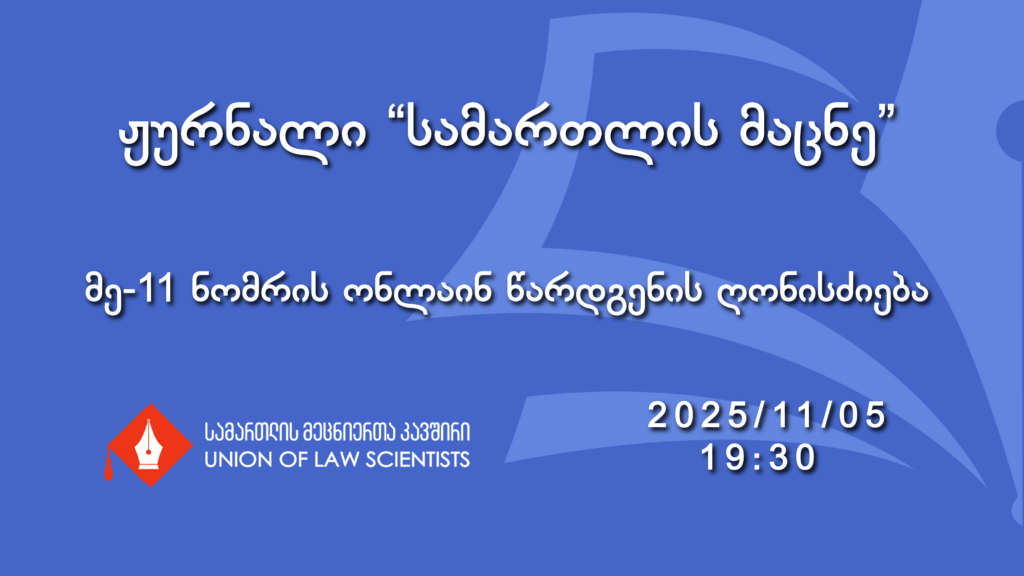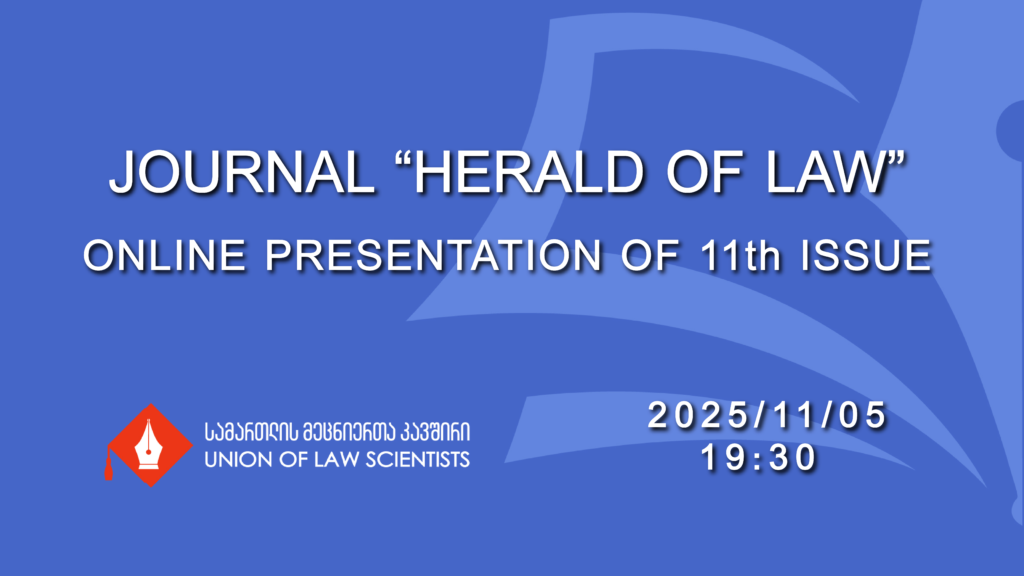Peculiarities of Sexual Crimes Committed Against Minors Using the Internet and Factors Causing Growth
Abstract:
This article examines the characteristics of non-violent sexual offenses committed against minors through the internet. The expansion of the digital communication tools has significantly contributed to the increase in such offenses, making digital technology both a catalyst and a challenge in combating the spread of child exploitation and non-violent sexual offenses targeting minors. The study identifies key trends and factors to the growth of internet-based sexual offenses against minors: (1) societal mentality, with victims reluctant to report offenses, leading to the concealment of incidents; (2) insufficient preventive and educational programs to rise awareness among minors and their parents about online risks; (3) limited parental knowledge about tools to restrict minors’ access to harmful online content and manage their social media use; (4) the widespread availability of unfiltered erotic and pornographic content on the internet; (5) the ease of anonymous registration on social networks without verification; (6) inadequate law enforcement oversight in monitoring internet for harmful content targeting minors; (7) increased internet activity among minors; (8) a trend to share personal photos and videos without understanding risks; (9) the growth of online platforms that incentivize personal content sharing through financial rewards based on views and “likes”; and (10) insufficient parental engagement in adolescent development and online activity monitoring. Additionally, the article highlights challenges in evidence preservation and acquisition due to victims’ unintentional actions, and reviews methods offenders use to exploit minors. According to the author, this worldwide problem needs immediate and specialized treatment.
Keywords:
Social network, Personal life, Depraved act










